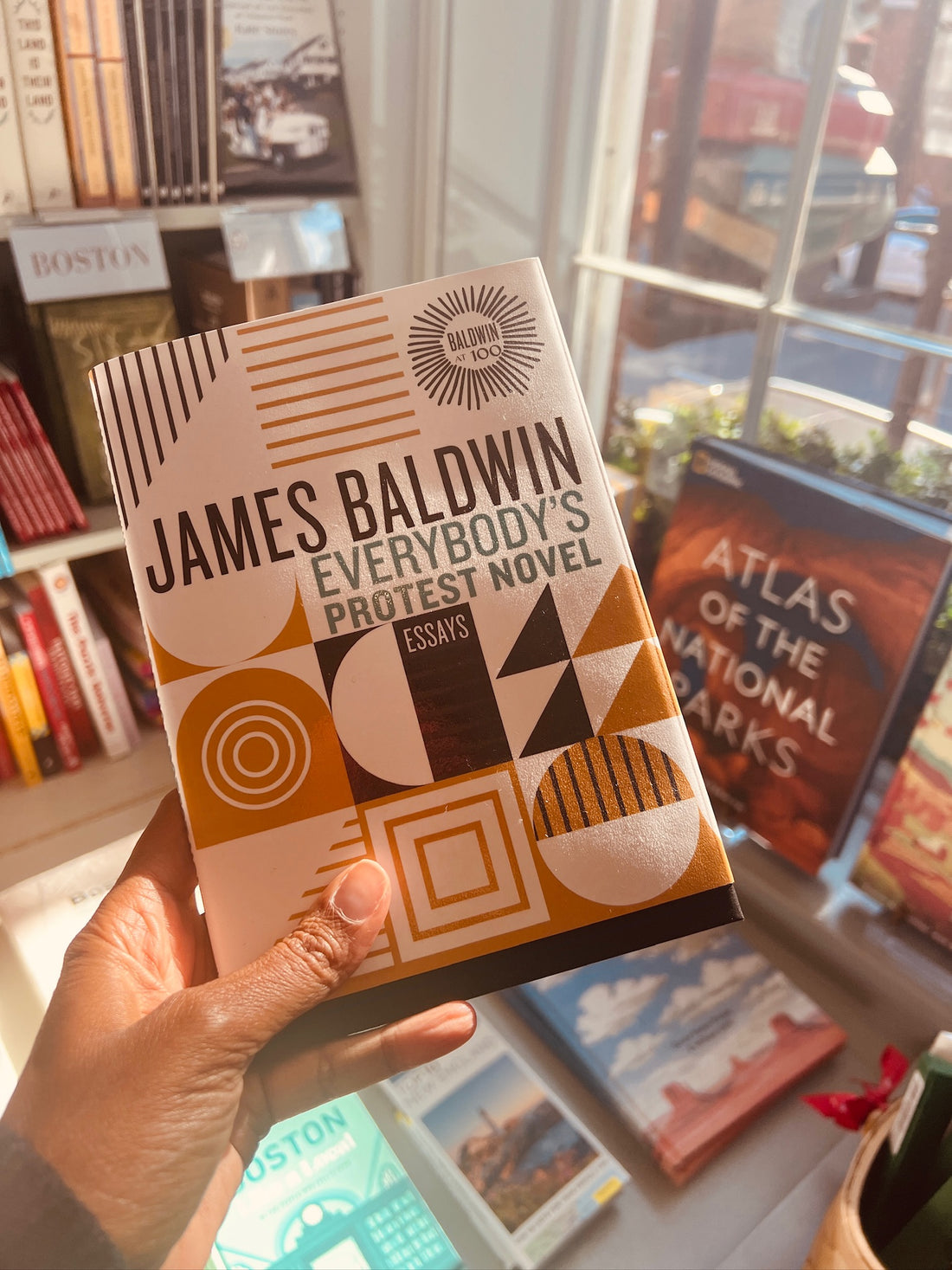
Everybody’s Protest Novel by James Baldwin
Share
Over Labor Day weekend, I found myself immersed in the Beacon Hill book shop in Boston MA, where I revisited one of my favorite's author (James Baldwin) "Everybody’s Protest Novel." Here, Baldwin critiques the limitations of protest novels, books that generally tackle social issues like racism but often reduce complex human experiences to simple, sentimental narratives.
Baldwin zooms in on Harriet Beecher Stowe’s "Uncle Tom’s Cabin," a novel often praised for its anti-slavery message. While acknowledging Stowe’s good intentions, Baldwin argues that the book relies too heavily on evoking pity rather than encouraging a deeper understanding of the characters as fully fledged human beings. For Baldwin, this kind of sentimentality simplifies the complexities of racism, making it easier for readers to feel morally superior without confronting the real issues.
James Baldwin’s critique extends to the protest novel genre as a whole. He believes these novels often create one-dimensional characters who serve as mere symbols of suffering or evil, missing the opportunity to explore the full depth of human experience. Instead of offering easy answers, Baldwin urges us readers to reflect life’s messiness and ambiguity, which he sees as crucial for fostering true understanding and change.
Even in today's world, Baldwin’s insights remind us to seek out stories that embrace the complexity of human life, rather than settling for simplified narratives that fail to challenge us.
Baldwin zooms in on Harriet Beecher Stowe’s "Uncle Tom’s Cabin," a novel often praised for its anti-slavery message. While acknowledging Stowe’s good intentions, Baldwin argues that the book relies too heavily on evoking pity rather than encouraging a deeper understanding of the characters as fully fledged human beings. For Baldwin, this kind of sentimentality simplifies the complexities of racism, making it easier for readers to feel morally superior without confronting the real issues.
James Baldwin’s critique extends to the protest novel genre as a whole. He believes these novels often create one-dimensional characters who serve as mere symbols of suffering or evil, missing the opportunity to explore the full depth of human experience. Instead of offering easy answers, Baldwin urges us readers to reflect life’s messiness and ambiguity, which he sees as crucial for fostering true understanding and change.
Even in today's world, Baldwin’s insights remind us to seek out stories that embrace the complexity of human life, rather than settling for simplified narratives that fail to challenge us.
